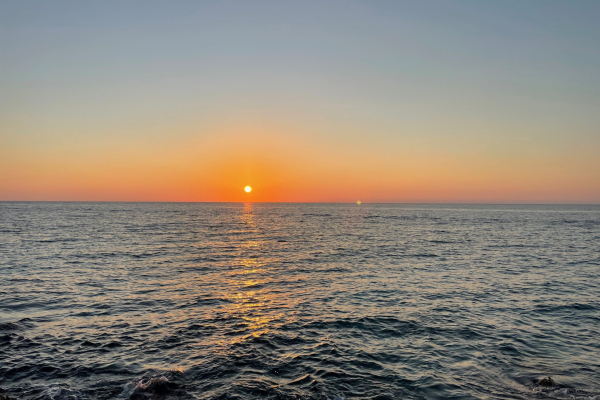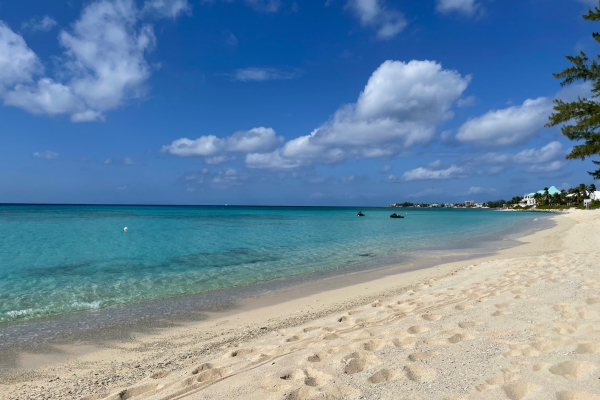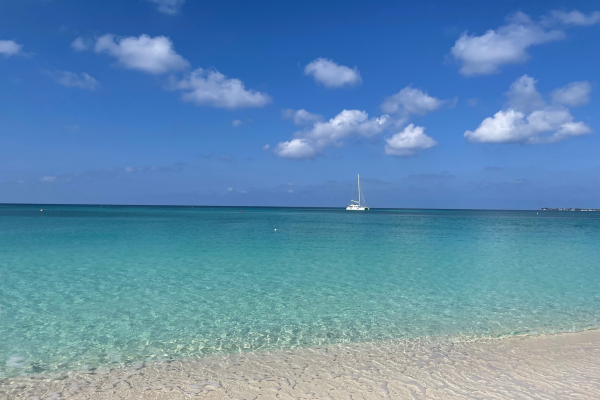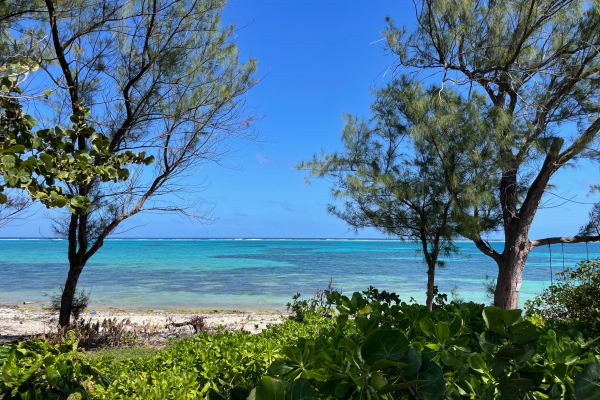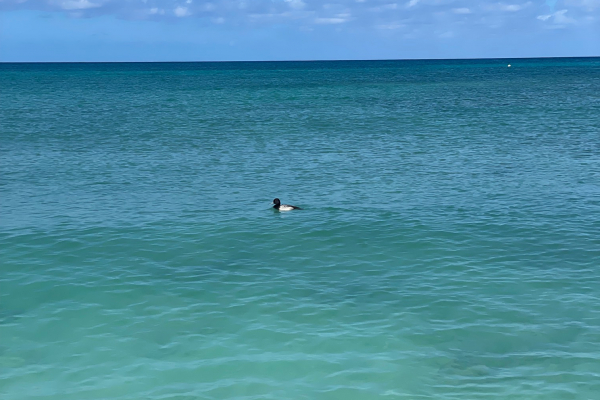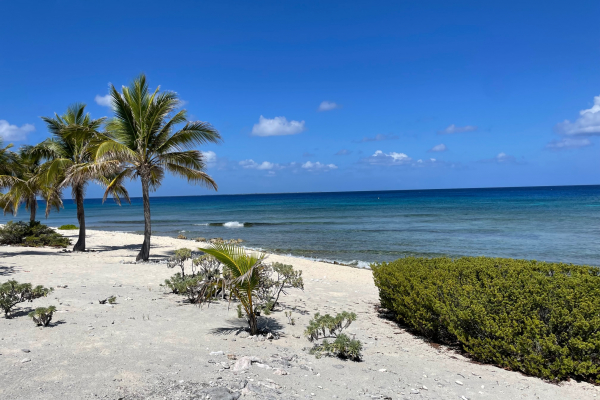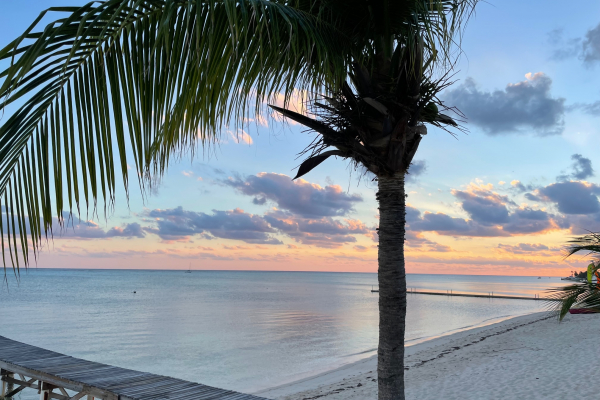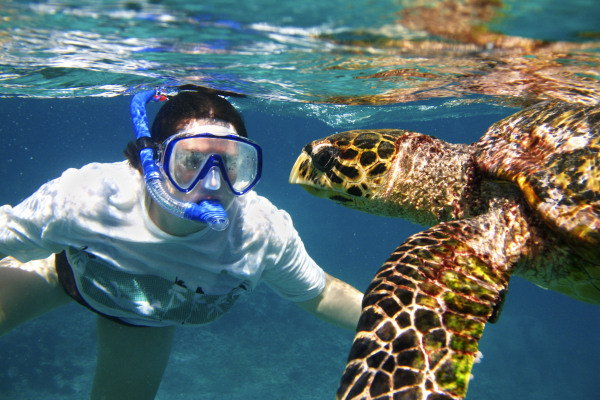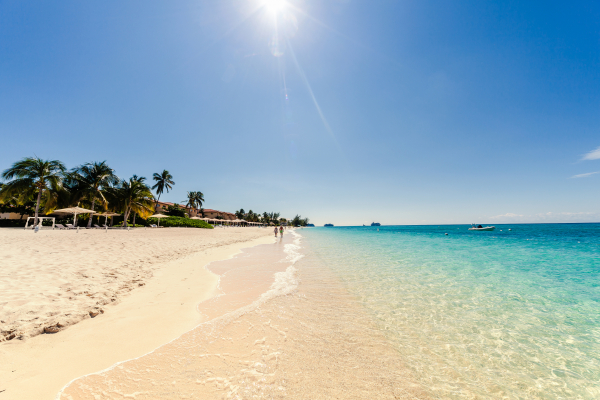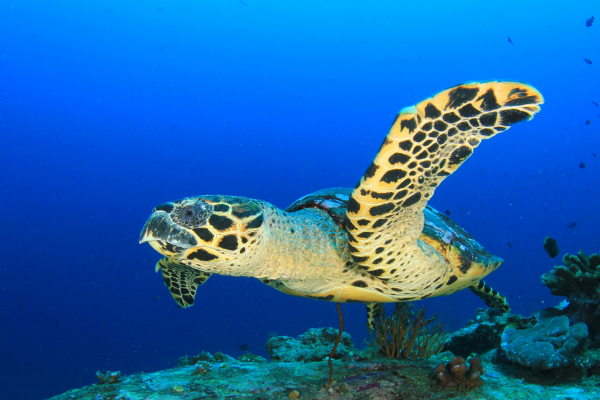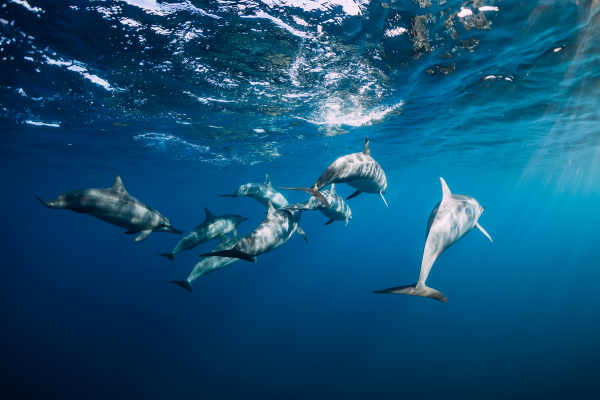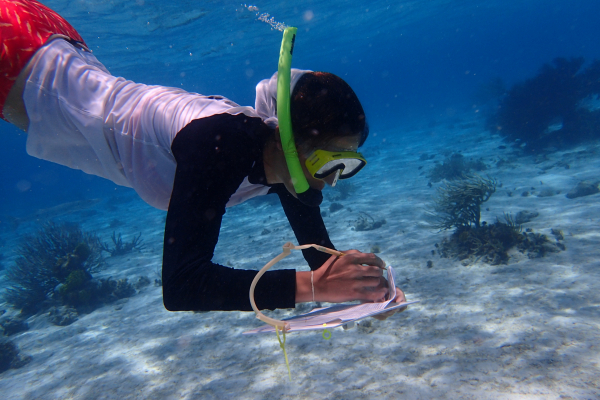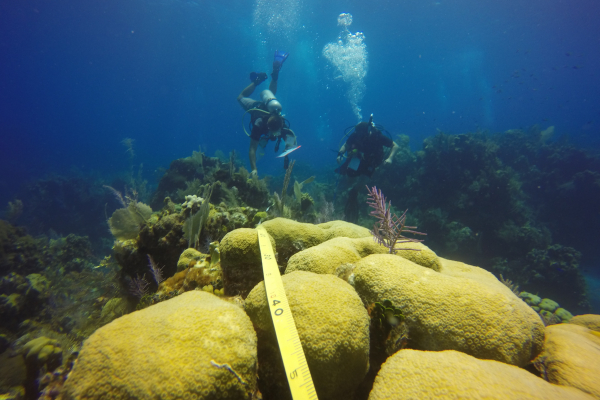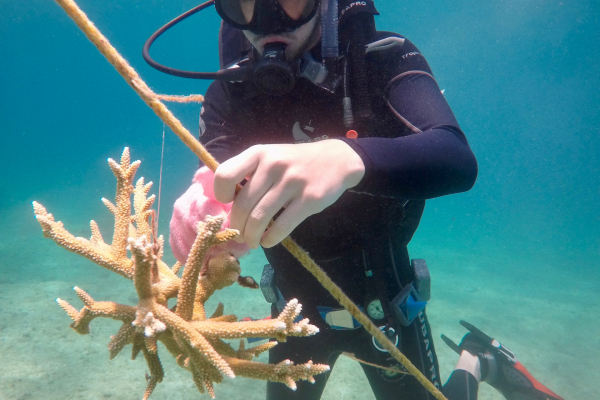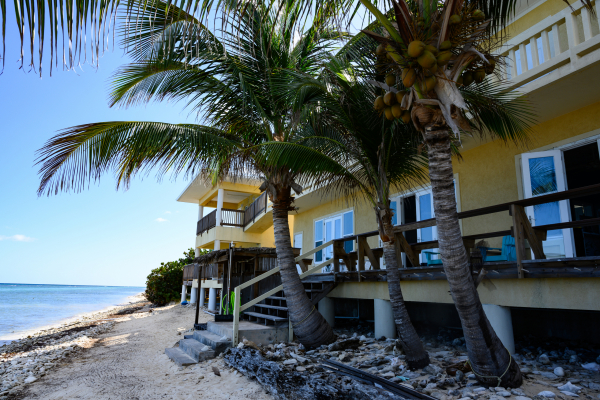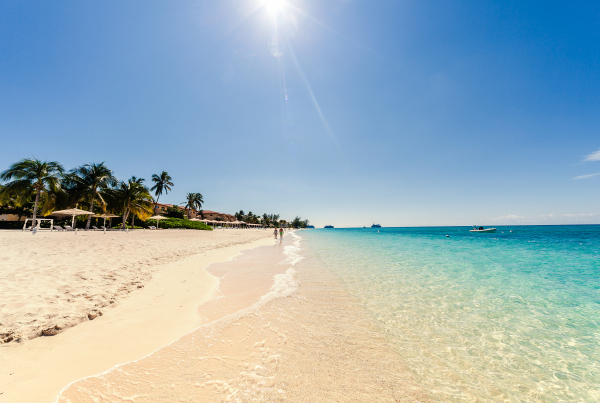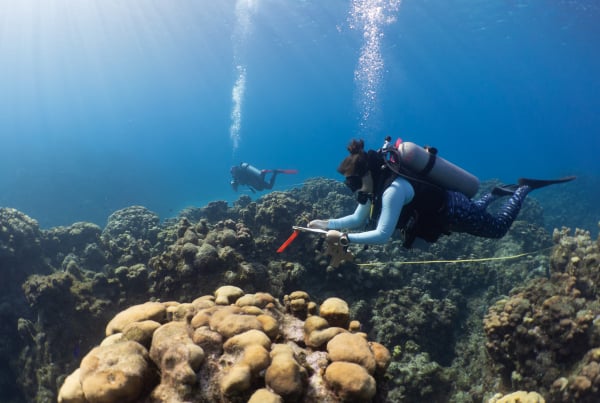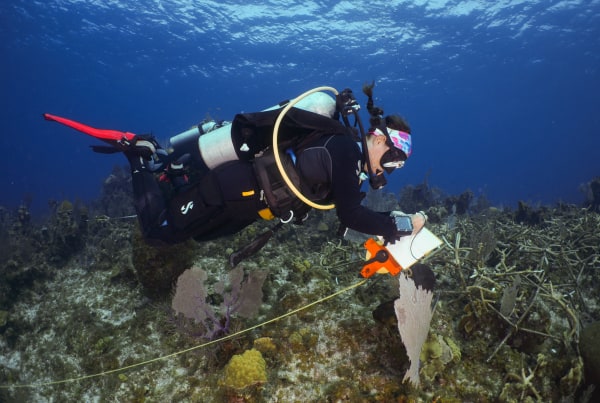ENGAGE IN CORAL REEF CONSERVATION
Embark on the ultimate adventure assisting our top-notch conservation team and field guides with their invasive lionfish management and coral reef conservation expedition in the Caribbean – home to the most undefiled coral reef habitats.
This is an optimum experience perfect for wildlife enthusiasts, aspiring marine biologists or conservationists, and ocean lovers.
DESTINATION
Though the smallest among the Cayman Islands, Little Cayman Island is remarkable for having reefs that are the healthiest in the Caribbean. It is the smallest of the three sister islands however continual data and evidence show that it has more than half completely protected nearshore environment. Little Cayman – known for its marvelous wall diving – is also remarkable for being one of the few in the Caribbeans where rays, large schools of groupers, and sharks are seen on almost every dive. Being the least populous and small in size, Little Cayman characterizes a homely and rustic zest, housing a small number of restaurants, bars and a little convenience store.
The research station on Little Cayman was established in 2005 by the Central Caribbean Marine Institute (CCMI) and in 2011 they began a coral nursery to restore and conserve the endangered staghorn coral species. CCMI organizes university courses and international researchers, as well as other variety of research and education groups. The resident research team – with funding from the US, EU and UK governments – is actively working on the most advanced and innovative research topics on coral reef, reef restoration, acclimatization and adaptation, and answers to climate change impacts and disease, as well as studying on various publications which are in top peer reviewed scientific journals annually. CCMI is a female-led organization aiming to benefit the underrepresented and minority groups, by striving to be all-inclusive with funded graduate student and internship positions. It is also encompassing the facility’s use of solar energy and waste-free compostable lavatories in its daily operations, running with dedicated efforts to be as ecologically responsible and environmentally friendly as possible.
ACCOMMODATION
You will be comfortably accommodated at an active marine research and education institution, the CCMI. You will be provided with everything you need for a home away from home stay including hot showers, WiFi, beach-front access, outdoor area for socializing and star-gazing, and limitless ocean views.
MEALS
Everyday you will have a help-yourself breakfast and 2 freshly-cooked meals
COMMUNICATION
Accommodation has Free WiFi; cellular service from local SIM card (you can purchase upon arrival)
CLIMATE
It’s warm tropical weather year-round.
Summers are from June to October, which can be wet and hot. August and September are usually the hottest months.
Winters are from November to May, which are windy and sunny with less rain. December and January are the coolest months, which may still be quite warm.
PROJECT IMPACT AREAS
INVASIVE LIONFISH MANAGEMENT
Through information forums with our remarkable conservation and research team, you’ll get to enhance your awareness of lionfish and how these invasive species negatively impact the local habitat. You’ll have a motivated snorkeling experience each day as you will be engaged in searching and drawing out the invasive lionfish species from the coral reef where they’re a menace to the ecological function. Find out and understand necessary techniques to track down lionfish in the wild, cautiously pull out and hold them, and conduct analysis for research. Collect analytical data for management of the invasive lionfish species including gut content, sex, and length. These are just some of the vast biodiversity and fascinating beauty of Little Cayman’s coral reefs that you will encounter.
RESEARCH AND ANALYSIS
Join our committed conservation team to collate gathered information into presentations, maps, and reports. You will gain practical knowledge and skills which includes restoration techniques, keeping track of conch populations under threat, terrestrial conservation, and fish and coral identification. Your findings are vital for providing evaluative data required in conservation schemes protecting the vulnerable and endangered wildlife.
These research assemblies will educate you on the methods that are used to impact conservation procedures, such as data collection and compilation strategies. Field guides and conservationists can utilize this information to track the well-being of Little Cayman Island for many years to come.
CONSERVATION AND EDUCATION
Right education and inclusion of all people that come upon an ecosystem will make sustainable conservation efforts possible.
Part of your tasks is to aid us in teaching conservation guidance by working with the local dive resorts, by attending and participating in weekly symposiums to increase awareness and knowledge around global and local conservation issues.
The local community arranges physical conservation projects that aid us to re-establish ecosystems and habitat. You can engage in these activities which also includes removing invasive Iguanas and Lionfish species or cleaning local beaches.
TROPICAL ECOLOGY
One essential and exciting part of wildlife conservation is physical conservation duty, giving you worthwhile chances to do manual or hard, yet meaningful work .
Any accomplished task you do – either distinguishing lionfish gut content or picking-up and gathering trash from the beach – makes a significant contribution to the coral reefs’ survival and conservation. It rebuilds the sea and land into a vigorous habitation for wildlife to thrive.
OTHER ACTIVITIES
MEET THE SISTER ISLANDS
Being the most populated and largest among the three islands, Grand Cayman presents a taste of the modern and city life you miss back home. Enjoy a quick visit to Cayman Islands Turtle Center, savor a gourmet meal at one of the quaint restaurants, pamper yourself with a spa treatment, take awesome photos at the Parrot Sanctuary or at the Botanical Gardens, or attend a yoga class. If you want to spend an extraordinary evening, listen to music and dance the night away at the clubs and bars along Camana Bay and famous 7-mile, or choose a calming evening stroll down the 7-mile beach. Grand Cayman has something to offer to everyone.
One should never leave Cayman Island without visiting the top tourist spots of Cayman Brac, the second largest of the three sister islands. Famous for its rock climbing attractions, Cayman Brac is a perfect destination for a weekend getaway, climbing up to the highest point on the Cayman Islands. Be mesmerized with the stunning below and above water sights.
BLOODY BAY WALL MARINE PARK
Weekend dives would surely be a favorite part of your volunteer stay in Little Cayman, as you’re just one-step away from the world famous Bloody Bay Wall Marine Park. It’s one of the best diving sites in the Caribbean, while boasting spectacular biodiversity.
Bloody Bay Wall is filled with tunnels, vertical walls, sponges, and corals. The constant dwellers that you will find are sea turtles, groupers, sting rays, and reef sharks. However, Bloody Bay Wall Marine Park is also a habitat for many other animals, hence prepare yourself to take amazing photos anytime.
KEEP CALM AND RELAX
End the excitement of the day with a relaxing evening at a local bar with a drink or two, star-gazing at the beach, watch a movie or maybe have fun games with other volunteers and interns.
Ride a bike in the afternoon or get on a kayak for a sunset paddle.
Enjoy bonfires and get-togethers with marshmallow roastings, or delightful dinners on the deck .
DATES & RATES
START DATE
3 October- 25th November 2024
RATES
4 weeks: US$3,840
5 weeks: US$4,320
6 weeks: US$4,800
7 weeks: US$5,280
8 weeks: US$5,760
PROJECT FEE INCLUDES
- A help-yourself breakfast and 2 cooked meals per day
- Lovely and comfortable accommodation throughout your stay
- Reliable International and local staff’s 24/7 support
- Airport pick-up and drop-off
- Required equipment and resources for the project
- Comprehensive orientation
PROJECT FEE EXCLUDES
- Travel and Medical Insurance (we can assist you with this)
- Flights/Plane Tickets (we can assist you with this)
- Off-project Scuba Diving activities
- Snacks, souvenirs, gifts, soft drinks
- Off-project tours or personal weekend trips
- Visa-related expenses
QUICK FACTS
| Cayman Islands | |
| Little Cayman Islands | |
| 4-8 weeks | |
| Reef Conservation | |
| US$3,840-US$5,760 |
PROJECTS HIGHLIGHTS
- Help in drawing out invasive lionfish species and collecting vital information to direct management
- Relish fun and learning as you snorkel each day on pristine coral reefs, studying about restoration techniques and assisting with coral conservation
- Gathering data that will impact coral reef conservation, thru observing and keeping track of conch population and significant fish species
- Fancy each snorkeling adventure as you behold sight of stingrays, sharks, and sea turtles in their natural habitat
- Enjoy each morning walking along the beach and scouting for sea turtle nests, while removing plastics and other rubbish along the way
- Wake up and relish each day living at an active research institution on a secluded island with a picturesque view of the open skies and nature surrounding the island
- Discover and track population of local birds and study about endemic Rock Iguana conservation
- Maximize your weekends or free time for more adventures like rock climbing on Cayman Brac, exploring the ponds and eye-catching mangroves on Little Cayman, or enjoying the nightlife of Grand Cayman and the stunning beaches
GALLERY
RELATED PROGRAMS
Reef Restoration & Research Diving Internship in the Cayman Islands
5th September-9th December 2024
Little Cayman Islands
5-10
Join our field guides and coral conservation research team on one the most pristine coral reef habitats in the Caribbean for the ultimate diving adventure and research experience.
